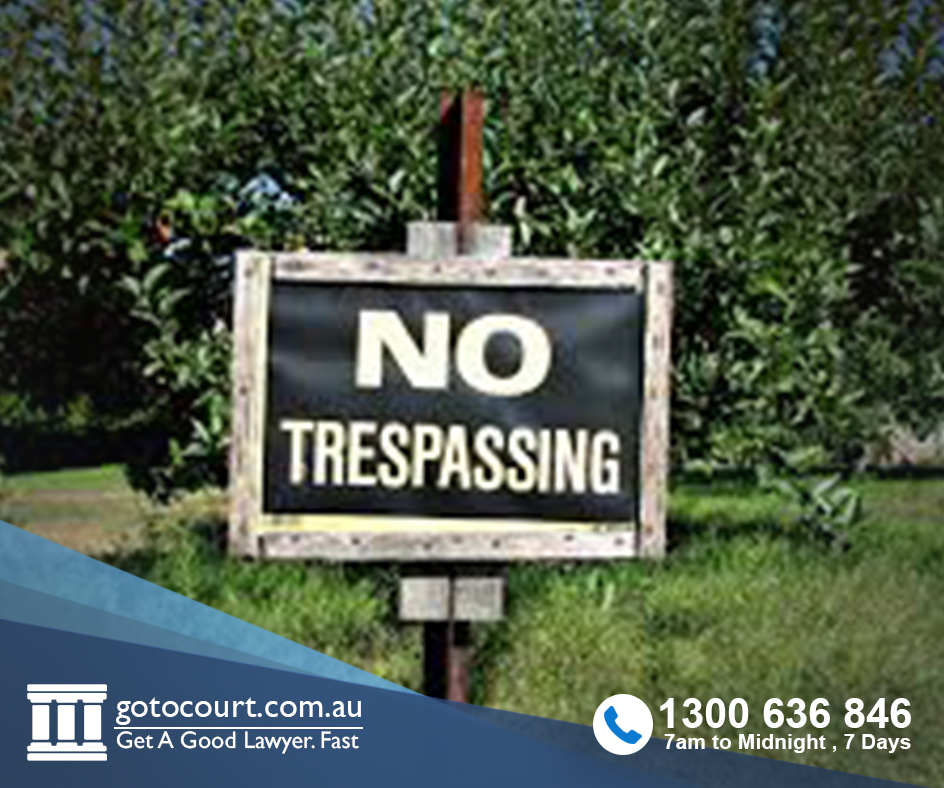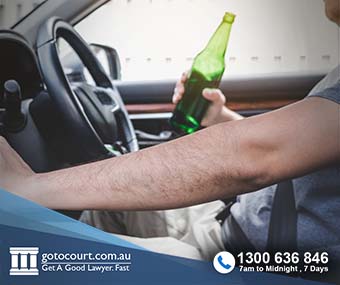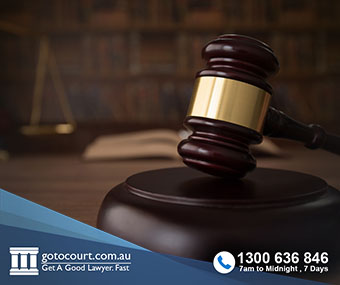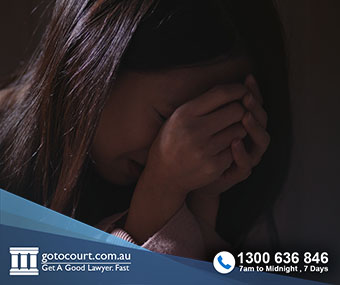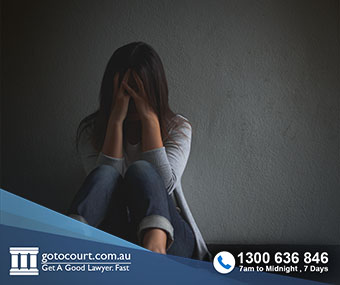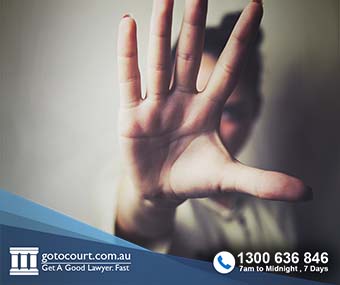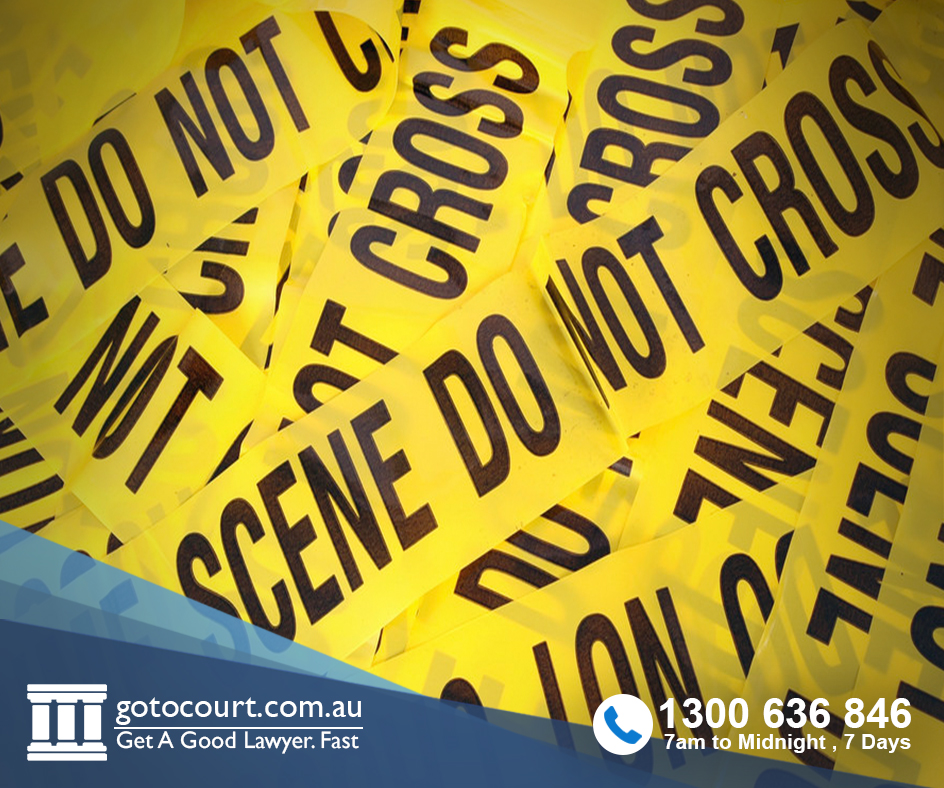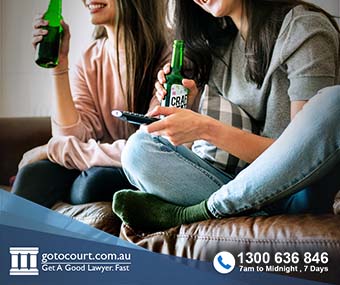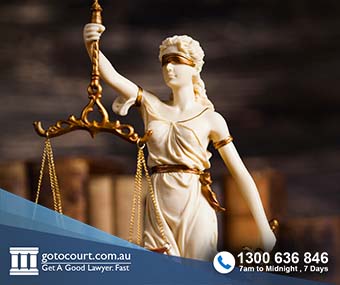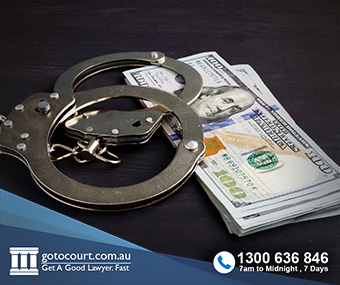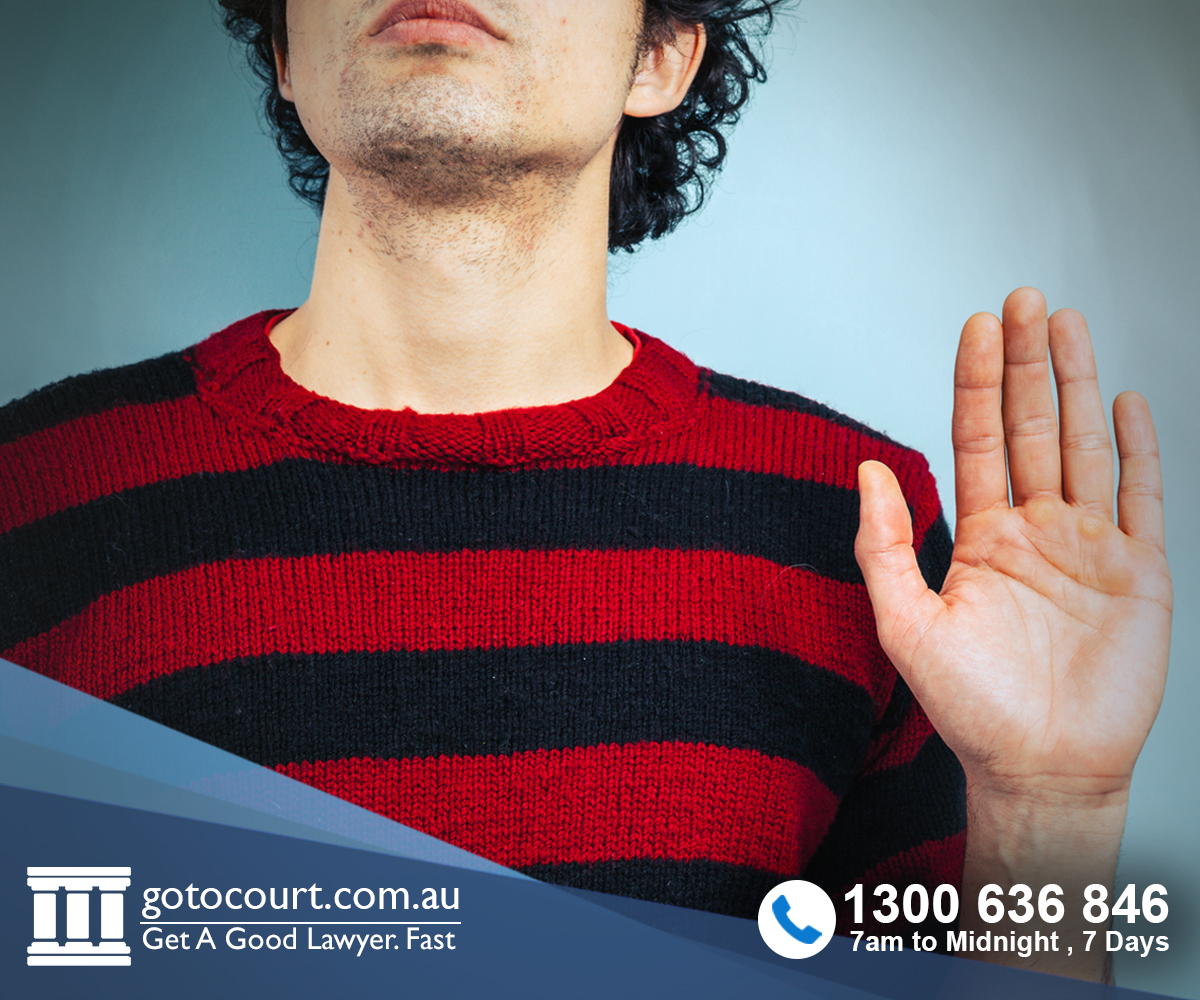Call our lawyers
now
or,
have our lawyers
call you
Common Assault in the ACT
Updated on Dec 22, 2022 • 3 min read • 314 views • Copy Link
Common Assault in the ACT
In the ACT, there are numerous offences involving assault including common assault, assault with intent to commit another offence, assault occasioning actual bodily harm and assault of a frontline community service provider. This page deals with common assault in the ACT.
Legislation governing common assault in the ACT
Common assault in the Australian Capital Territory is contained in section 26 of the Crimes Act 1900. A maximum penalty of two years imprisonment applies.
If the offence involves family violence, it is an aggravated offence, and a maximum penalty of three years imprisonment applies.
What is common assault?
A common assault can occur without the victim sustaining injury. It can even occur without any physical contact between the offender and the victim.
A person is guilty of common assault if they intentionally or recklessly:
- Touch another person without that person’s consent and without lawful excuse;
- Cause anther person to apprehend immediate physical contact without the person’s consent and without lawful excuse.
A common assault may consist of a push, a punch, a slap or a headbutt. It may also consist of an act that does not involve physical contact, such as raising a fist as if to hit a person or throwing an object in a person’s direction.
Penalty for common assault
While the offence of common assault carries a maximum penalty of two years imprisonment (or three if the offence is aggravated), a court may choose to impose a non-custodial sentence if this is appropriate in the circumstances. This may be a fine, a good behaviour order, or a community service order.
Jurisdiction
Common assault is dealt with in the summary jurisdiction. This is the Magistrates Court for an accused person who is an adult or the Children’s Court for an accused who is under 18.
Defences to common assault in the ACT
A person who is charged with common assault in the ACT, may rely on a number of legal defences. These include the following.
The defence of self-defence
A person is not criminally responsible for an act done in self-defence or in defence of another person or of property. If an assault is committed in self-defence, the accused will be found not guilty if the court is satisfied that:
- they reasonably believed that their actions were necessary in self-defence; and
- their actions were reasonably proportionate to the threat they perceived.
The defence of duress
A person is not guilty of a common assault if they were acting under duress. Duress exists when another person makes a serious threat to the accused, and they act out of fear that the threat will be carried out. For this defence to succeed, the threat must be serious enough that an ordinary person in similar circumstances would yield to it.
The defence of mental impairment
A person is not guilty of an offence is at the time they carried out the act, they were mentally impaired and could not understand the nature of their actions or could not understand that their actions were wrong. A mental impairment may be a mental illness (permanent or temporary) or an intellectual disability.
The defence of immature age
A person cannot be found guilty of an offence if they are under the age of criminal liability, which is ten. A person who is under 14 can only be found guilty of an offence if the prosecution can show that they had the capacity to understand that their actions were wrong.
If you require legal advice or representation in any legal matter, please contact Go To Court Lawyers.


Affordable Lawyers
Our Go To Court Lawyers will assist you in all areas of law. We specialise in providing legal advice urgently – at the time when you need it most. If you need a lawyer right now, today, we can help you – no matter where you are in Australia.How It Works








1. You speak directly to a lawyer
When you call the Go To Court Legal Hotline, you will be connected directly to a lawyer, every time.


2. Get your legal situation assessed
We determine the best way forward in your legal matter, free of charge. If you want to go ahead and book a face-to-face appointment, we will connect you with a specialist in your local area.


3. We arrange everything as needed
If you want to go ahead and book a fact-to-face appointment, we will connect you with a specialist in your local area no matter where you are and even at very short notice.


